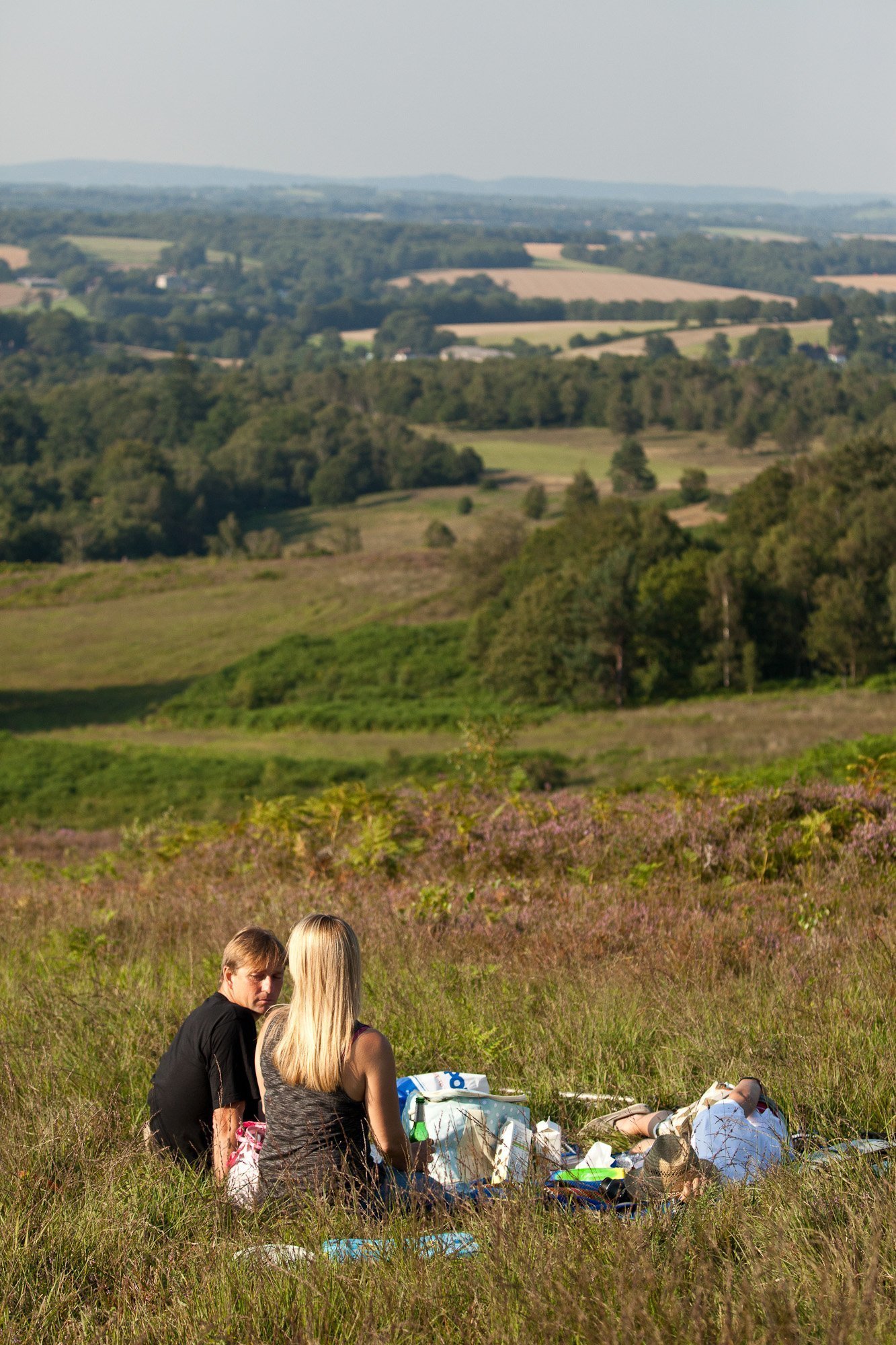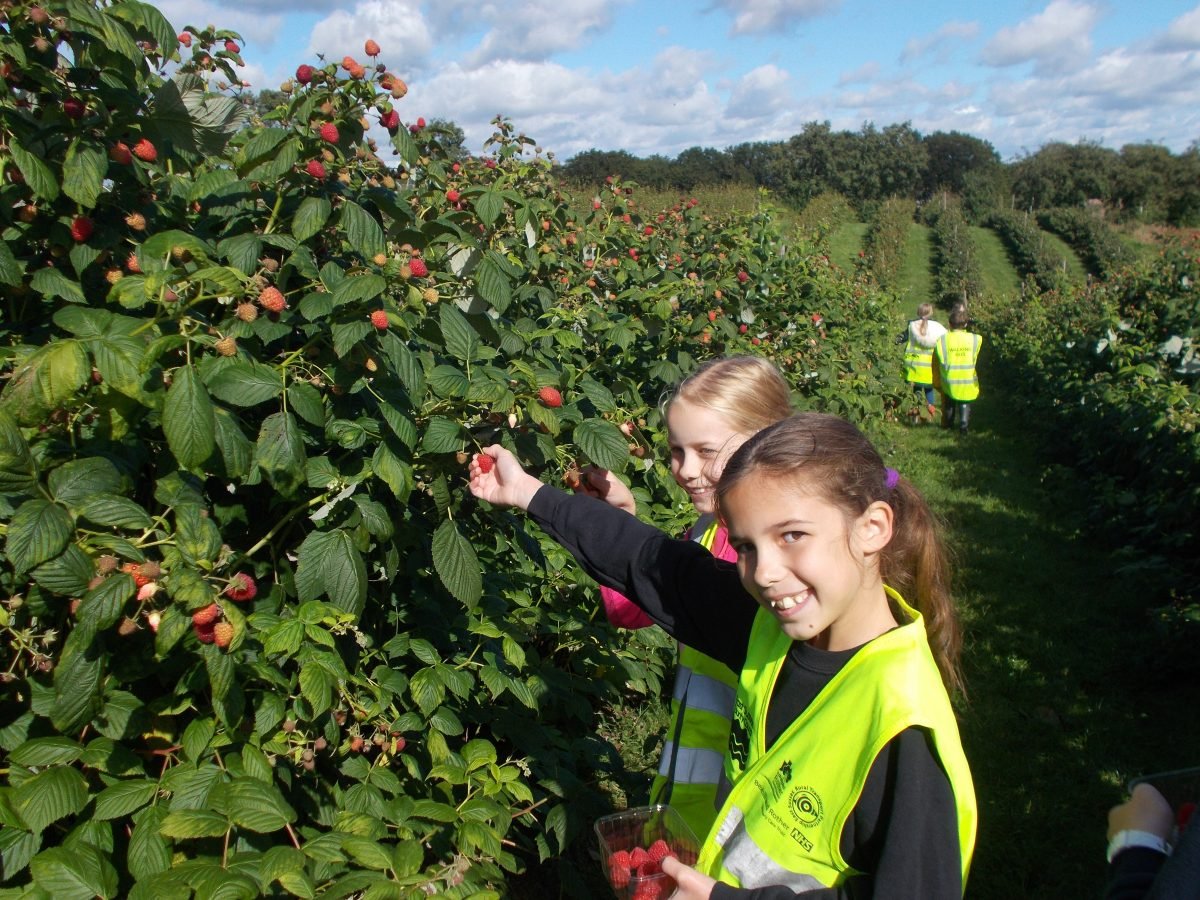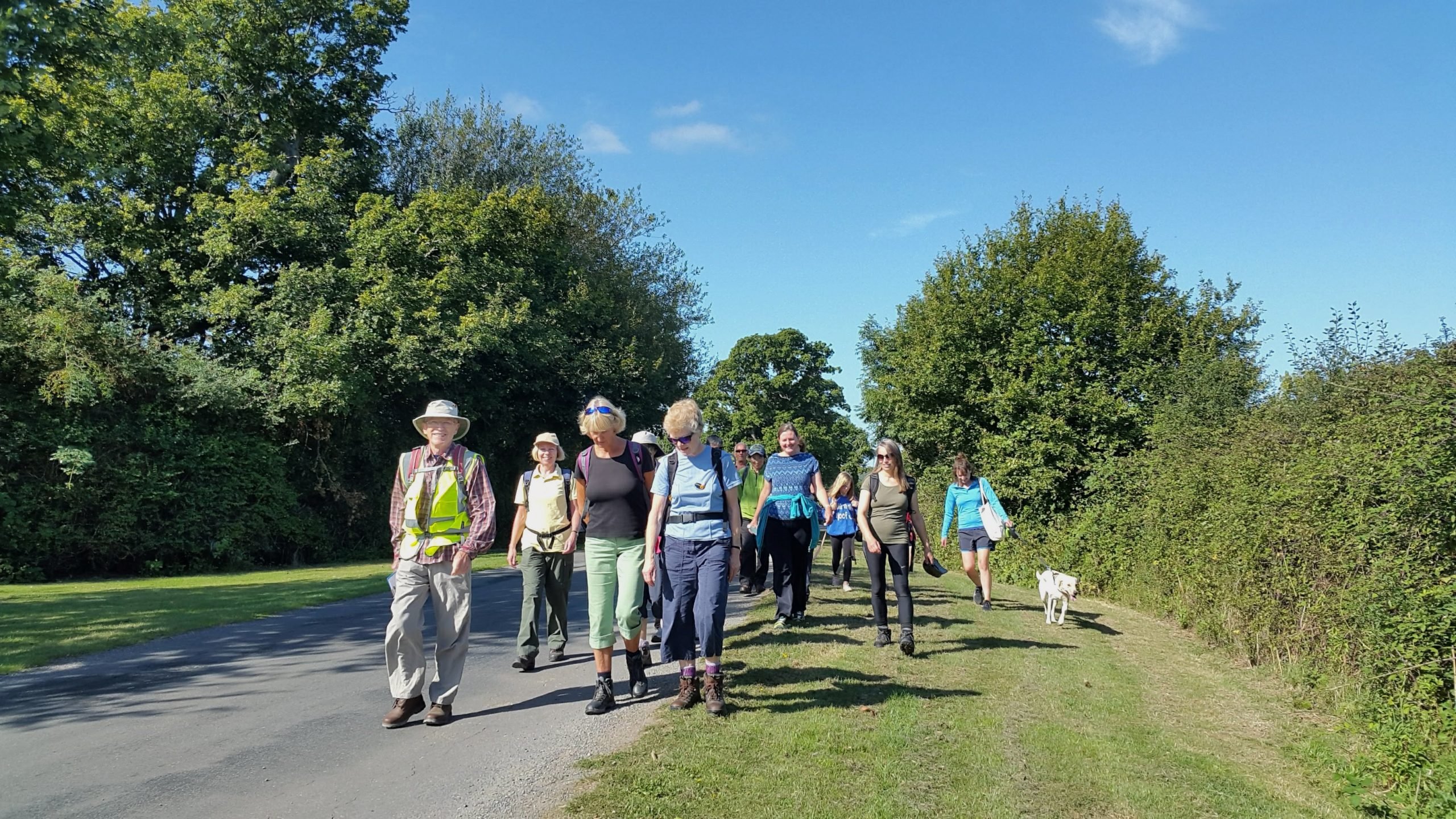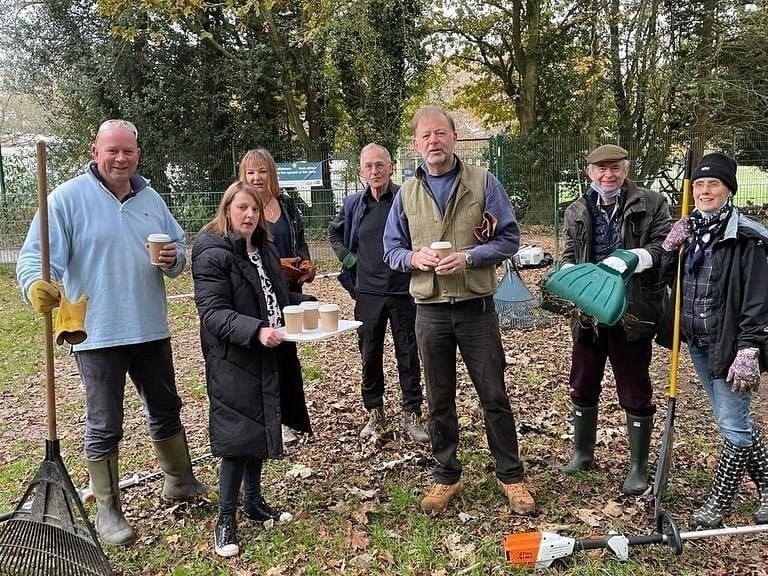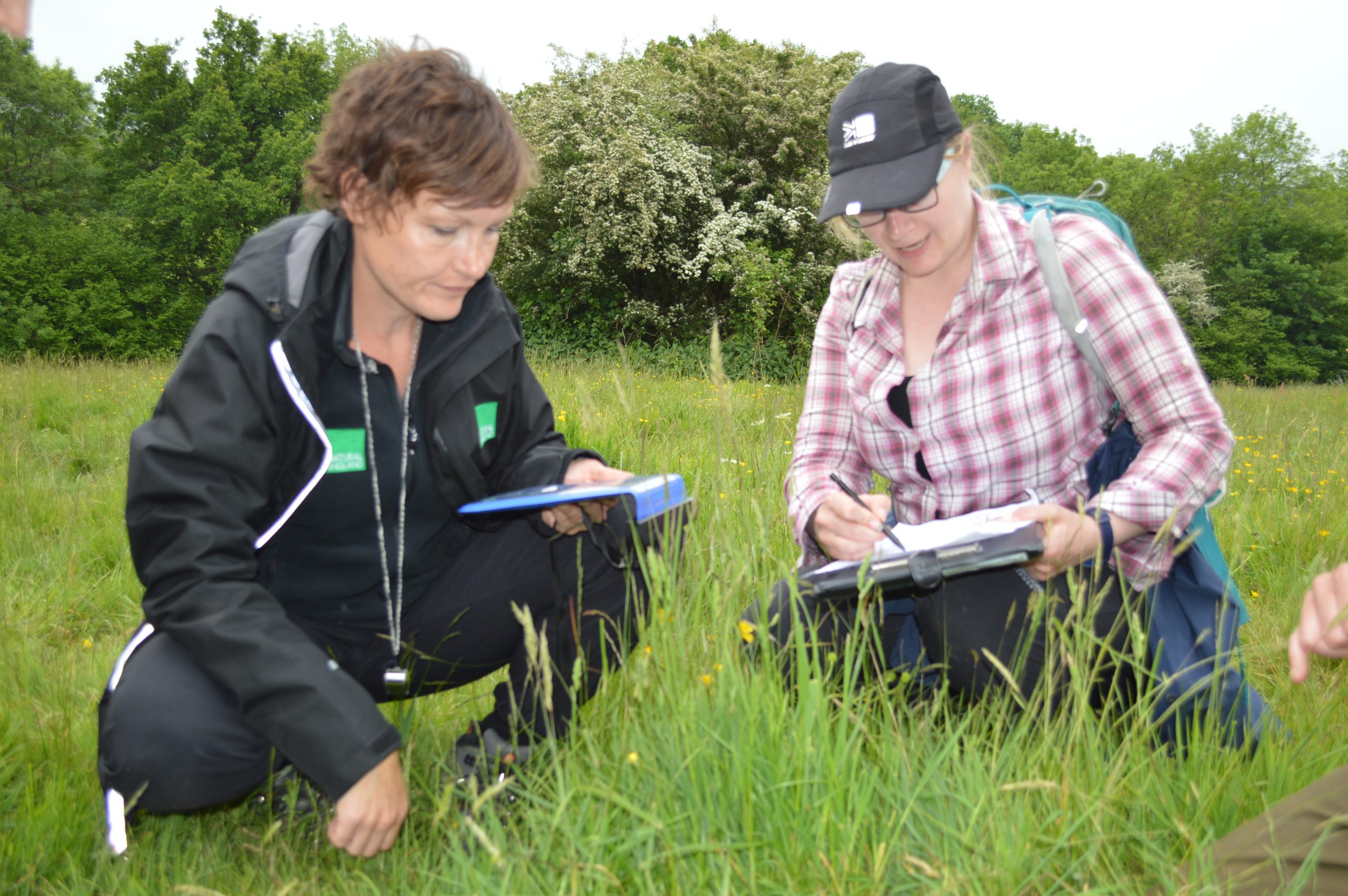Get involved
There are lots of ways for everyone to get involved in taking care of the High Weald – and the wildlife that calls it home.
You can volunteer with conservation charities to help manage nature habitats in your area, buy delicious food and drink from local producers or dust off your boots and take part in the High Weald Walking Festival.
If you’re responsible for managing green space in your local community, you can apply for grant funding to help manage it for wildlife and improve access.
If you’re a KS1 or 2 teacher, join the 90 schools already involved in our free High Weald Hero education programme.
Enjoy stargazing? Join one of our Dark Skies activities and help us keep the High Weald’s night skies free of light pollution.
Whether you’re a long-term resident, newcomer or visitor, we can all do our bit to celebrate and care for this precious landscape.
Charter for High Weald Residents and Visitors
The following are actions that all residents, visitors and businesses can take to help care for this nationally important landscape:
Buy local products and services from farmers and woodland managers who actively manage their land to benefit the environment
The landscape and wildlife value of the area’s woodlands, hedges, meadows, heathlands and field margins are dependent on traditional management. Money invested in products and services that help support this management is money invested in conserving the AONB and its local economy.
Manage your land for wildlife and maintain the rural nature of your property
Fields, woodland, paddocks and gardens support valuable and threatened wildlife. Inappropriate materials and features, often associated with urban areas, are leading to the gradual loss of the AONB’s valued rural feel.
Help prevent the spread of invasive and harmful plant and animal species
Introduced plant, animal and fish species spread rapidly in the High Weald countryside, competing with our native wildlife and leading to its loss.
Use less water
Demands for water lead to high levels of water extraction, damaging the wildlife of the AONB’s streams, rivers and wet grasslands. Increased demand in future will create pressure for new reservoirs within the AONB.
Reduce, reuse and recycle, and dispose of all litter responsibly
Litter spoils enjoyment of the countryside for the majority of residents. Less rubbish means less pressure for landfill sites and incinerators in the AONB.
Respect other users – follow the Countryside Code
Through responsible behaviour we can all use and enjoy the countryside without damaging the enjoyment or livelihoods of others.
Slow down for people, horses and wildlife
Traffic spoils enjoyment of the High Weald for 80% of its residents. Speeding cars kill people, horses, badgers, deer and foxes, and ancient routeways and their rare plants are damaged by inconsiderate driving and parking.
Avoid using the car where possible and consider using renewable energy in your home
Emissions from petrol and other non-renewable fossil fuels contribute to climate change and lead to degradation of valuable habitats such as sandrock and gradual loss of wildlife such as bluebells.
Take pride in the High Weald – promote its special features and places to family, friends and visitors
Promoting what you find special about the High Weald is the best way of encouraging commitment and action by others to the area.
Have a say
Your views can influence care of the area – use consultation processes operating at parish, district, county and AONB level to steer policy and action that affects the area.
Get involved – support local conservation organisations
With your financial and practical support, local conservation organisations can take action to care for the area such as monitoring threatened wildlife, undertaking practical conservation tasks and lobbying government.
